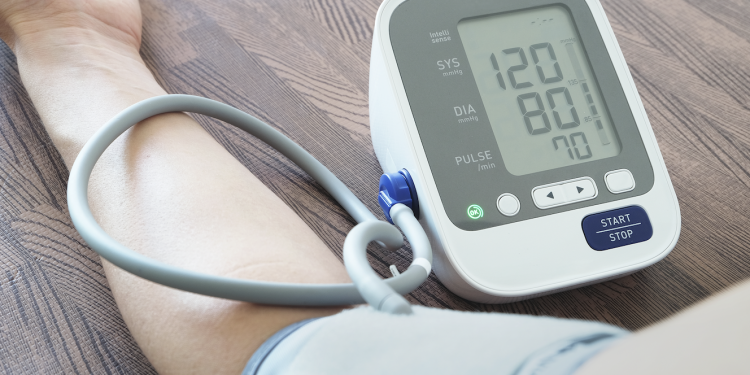A combination of employee assistance programmes (EAPs) and reaching out to local NHS services could play a key role in supporting the health of staff stuck on waiting lists.
This is according to Karina Malhotra, founder and managing director at healthcare management consultancy Acumentice and NHS Leicester, Leicestershire and Rutland Integrated Care Board chief operating officer Rachna Vyas, who were speaking at a Westminster Health Forum seminar.
Responding to a question from Health & Protection about the role of the employer in providing whole of workforce health and wellbeing services, Malhotra explained her company had facilitated an EAP offering staff a free helpline to support them with challenges they may be facing.
“There are so many things that you can put in place in your company and your businesses to ensure you’re supporting mental health, not offering further stress and being flexible, when somebody is waiting for a surgery perhaps, and offering things like EAPs,” Malhotra said.
But she added larger employers could also reach out to local integrated care services (ICS) or regional bodies to work with them to try and understand how they can support their staff who may be sitting on a waiting list.
‘Happy to work with employers’
NHS Leicester, Leicestershire and Rutland Integrated Care Board chief operating officer Rachna Vyas added that it was a “huge” mental burden where people were enduring long waits for treatment.
But she added that her organisation was working with local employers to ensure services can be provided on site for some employees, citing the example of big factories in Leicester city.
“We are working with those factories on site to provide things like hypertension screening, blood pressure unit monitoring and pulse checks,” she said.
“Because those are the people who don’t come forward for those types of checks which means they are on a waiting list for something else and could need treatment further down the road.
“So the role of employers is really important here and what the owners of the factory have done is effectively, within their own time, given us access to some of those populations – with consent of course – which means those people don’t have to go to any other site for access to those types of things.”
But Vyas added that while this is a “really important” preventative strategy, there needs to be more of it.
“With ICBs and the ICSs having those really strong links with the Local Economic Forum has enabled us to do some of that,” she continued.
“Is it big enough? No, should it be much bigger? Yes, absolutely – and we would be happy to work with employers, as most of my NHS colleagues would, because finding people early we know is the key to long term sustainability.”






